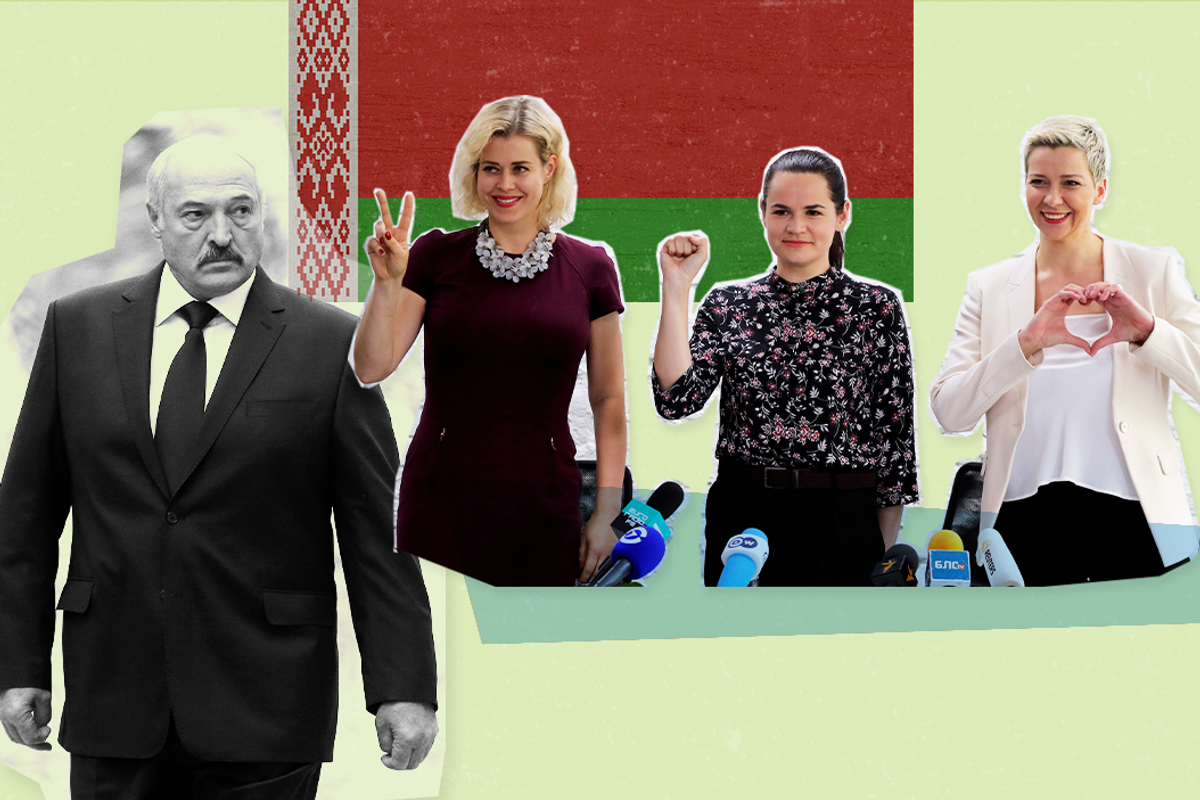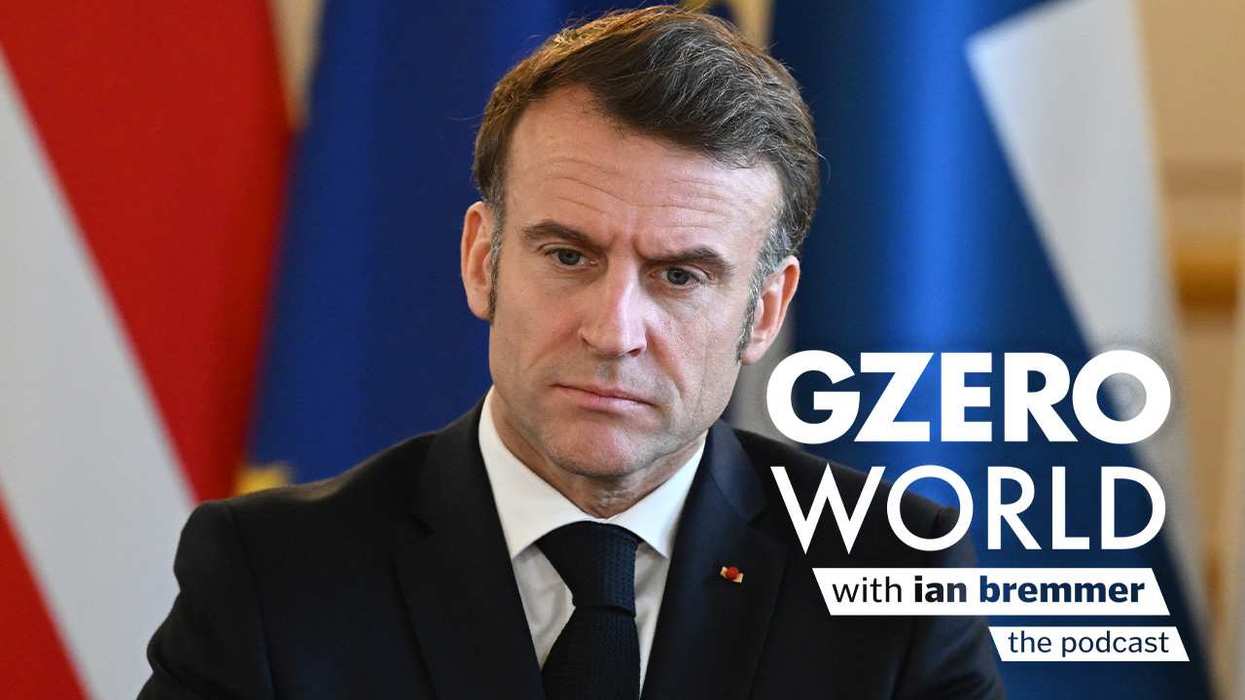Lukashenko's nerves: As Belarusians prepare to head to the polls on Sunday, strongman president Alexander Lukashenko, who's seeking re-election again after 26 years in power, lashed out at adversaries who he says are seeking his downfall. But Lukashenko wasn't laying into the Europeans or the NATO alliance — typically hostile to his strongman agenda — rather, he condemned "puppet masters" in...Russia. This is the latest episode in the deteriorating relationship between Minsk and Moscow. Lukashenko recently accused Moscow of sending mercenaries to destabilize the country and rile up Belarusian protesters dissatisfied with the government's handling of the pandemic. But it's also a sign that Lukashenko is worried about losing his grip on power. After barring two rivals from running in the election, he's now facing off against 37-year old Svetlana Tikhanovskaya, a seemingly accidental candidate who's managed to unite the opposition against a man once dubbed "Europe's last dictator.
Darkness in Lebanon: The already-grim situation in Lebanon took a terrible turn Tuesday as a massive explosion tore through a warehouse at Beirut's port, killing at least 100 people. The cause of the blast is still being investigated, but the timing of the tragedy, which is believed to have caused around $3 billion in damages, couldn't be worse. Coronavirus lockdowns have caused prices of basic goods to triple since March as Lebanon's currency shed 80 percent of its value, pushing much of the country's once-vibrant middle class into poverty. Recurrent power outages — a result of mismanagement, Lebanon's shambolic electrical grid, and a series of corruption scandals involving an Algerian state-run oil company — have also worsened, with reports of blackouts for up to 20 hours a day in some parts of the country. This prompted disillusioned Lebanese to storm the Ministry of Energy on Tuesday, demanding an end to the "corruption" that has led the country into "darkness." Skirmishes with security forces ensued. The heavily-indebted country is hoping that international creditors like the International Monetary Fund (IMF) will help pull it back from the brink, but that's unlikely to happen unless the Lebanese government makes crucial reforms to root out mismanagement and corruption, which it's so far been unwilling to do. Will this latest tragedy change that?
Former king ditches Spain: Former Spanish King Juan Carlos I has fled his country, weeks after the high court opened an investigation alleging that he received millions of euros in illegal kickbacks from a high-speed rail deal in Saudi Arabia. A Swiss prosecutor has also accused him of tax fraud. Until a decade ago, Juan Carlos was beloved by most Spaniards for helping steer Spain's transition to democracy in the late 1970s and early 1980s. But after a string of more recent scandals — including infidelities and breaking his hip while elephant hunting in Botswana as his countrymen were mired in a recession — he passed the throne in 2014 to his son, the current King Felipe VI. Earlier this year, Felipe himself grew concerned enough about the negative paternal publicity that he cut off his dad and renounced his own inheritance. Juan Carlos — now believed to be in either neighboring Portugal or the Dominican Republic — appears to have left Spain to spare his son (and Spaniards) further embarrassment, but he says he'd return to face formal charges. We're watching the royal legal drama but also a bigger question: will the disgraced former king's antics fuel a fresh debate over the future of the Spanish monarchy itself?


















